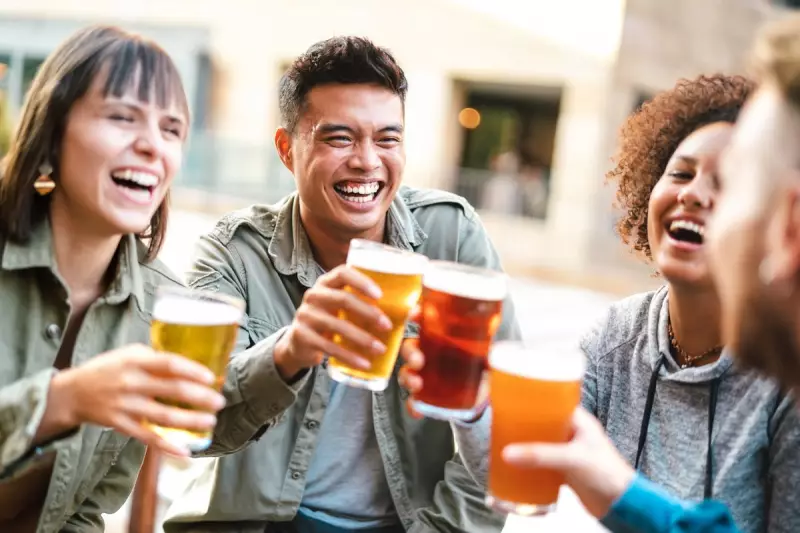
A remarkable transformation is sweeping across Britain's social scene as young adults increasingly swap traditional alcoholic drinks for sophisticated 'no and low' alternatives. This seismic shift in drinking habits is rewriting the rulebook for socialising and wellness among millennials and Gen Z.
The Health-Conscious Revolution
Driven by growing health awareness and changing attitudes toward alcohol, young Britons are leading the charge toward mindful drinking. Research indicates that concerns about physical wellbeing, mental health, and productivity are primary factors behind this behavioural change.
"We're witnessing a fundamental cultural shift," explains a public health expert. "Young people today view alcohol differently than previous generations. They're more informed about the health implications and more willing to explore alternatives."
Quality Over Intoxication
The days of choosing between sugary soft drinks or alcoholic beverages are long gone. Today's alcohol-free market boasts an impressive array of options:
- Craft alcohol-free beers that rival their alcoholic counterparts
- Sophisticated non-alcoholic spirits and cocktails
- Low-alcohol wines with complex flavour profiles
- Kombucha and other fermented alternatives
This expansion in quality and variety has made choosing alcohol-free options socially acceptable and even fashionable.
Industry Response and Market Growth
British supermarkets and pubs have taken notice, significantly expanding their non-alcoholic offerings. Major retailers report double-digit growth in the low and no-alcohol category, with some establishments dedicating entire sections to these products.
The trend represents both a challenge and opportunity for the drinks industry. Traditional breweries and distilleries are investing heavily in developing premium non-alcoholic versions of their flagship products.
The Future of Social Drinking
This movement extends beyond individual health choices to reshape social norms. Young adults report feeling less pressure to drink alcohol in social situations, with many establishments now offering creative mocktail menus and alcohol-free events.
"It's no longer about what you're not drinking, but what you are choosing to drink," notes a trend analyst. "The stigma around not drinking alcohol is rapidly disappearing, particularly among urban professionals and students."
As this trend continues to gain momentum, it's clear that the landscape of British social drinking is undergoing a permanent transformation, with health-conscious choices becoming the new normal rather than the exception.





